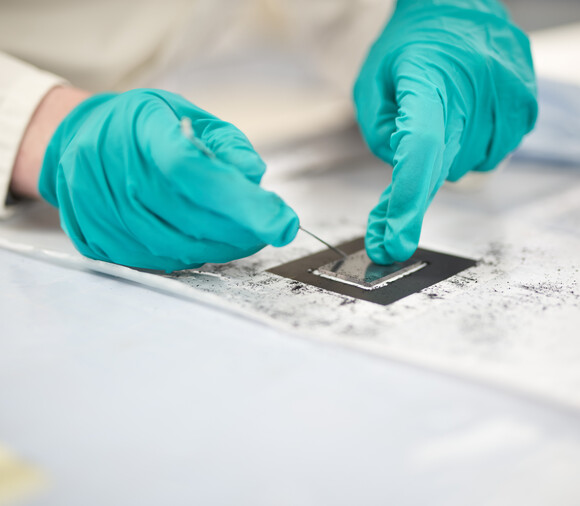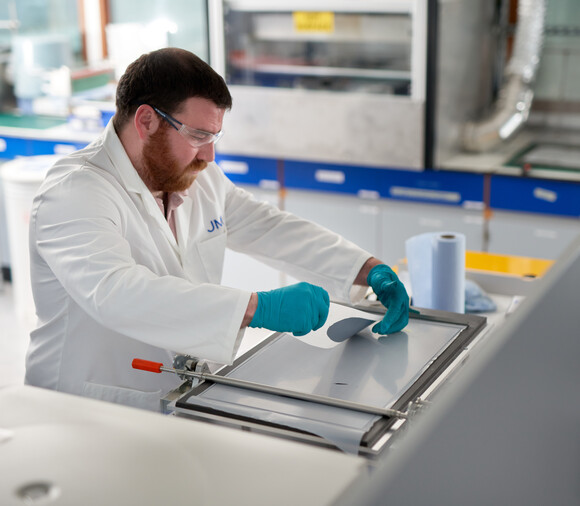Hydrogen's time is now
The need to address climate change has never been more urgent. Across the world there's growing momentum around commitments to achieve 'net zero' emissions and limit global warming to 1.5°C.
Over 90% of global GDP is covered by countries with some form of net zero target.
The shift required is significant: from a global economy largely driven by fossil fuels, with their accompanying levels of carbon dioxide and other greenhouse gas emissions, to one of carbon neutrality.
There's growing consensus that hydrogen will be an important energy carrier in a transformed energy system. However, to fulfill hydrogen's role as a clean transportation fuel, as a cleaner industry feedstock, and for industrial power, we need to ensure that it is produced via a low carbon footprint route.

Clean hydrogen production
A leader in hydrogen activities for decades, our experience cuts across numerous parts of the hydrogen value chain, including market leading hydrogen production catalysts and processes, components for hydrogen fuel cells and new technologies for clean hydrogen production.
Convert
Use
PGMs:
Underpinning our hydrogen solutions
Get in touch
With a range of solutions available, our team will help you select the right technology for your journey.
JM’s science and technology at the heart of the hydrogen economy
JM are well placed to play a role in the transition to clean, reliable energy. We have many years of experience in the technologies used today to make hydrogen and we have been working hard on routes to reduce emissions from these processes.
Our science and technology is applied at multiple critical points across the hydrogen value chain:
- An established portfolio of leading technologies for the production of hydrogen at world scale and new technology to decarbonise current hydrogen production processes.
- Scientific and electrochemical know-how to support the transition to electrolytic (green) hydrogen solutions.
- Catalysts to convert hydrogen into transportable fuels, where we are world leaders in methanol synthesis and ammonia catalysts and technology.
- We have world leading manufacturing facilities for the production of the key catalyst component of hydrogen fuel cells, which have water as the only byproduct.

The path to net zero
Getting to net zero means reaching the point that any emissions are balanced by absorbing an equivalent amount from the atmosphere. To achieve that and address the challenges of climate change, emissions must be cut drastically from all areas of life, including sectors that are difficult to abate, such as heavy industry, heavy duty vehicles, buses, trains, aviation and domestic heating. And with increasing recognition that hydrogen will be an important energy vector comes the challenge of deploying the technology at scale to support the shift to a hydrogen economy.
That means seeking routes to remove and capture carbon from the hydrogen production process (CCS-enabled hydrogen), and deploying technologies to create hydrogen using renewable energy sources (electrolytic hydrogen).
JM is putting its science and experience at the heart of solutions that support a cost effective transition to a secure and environmentally sustainable energy system.

